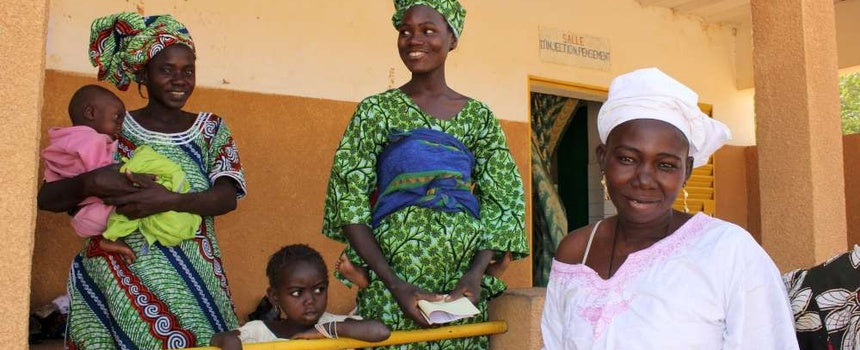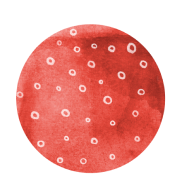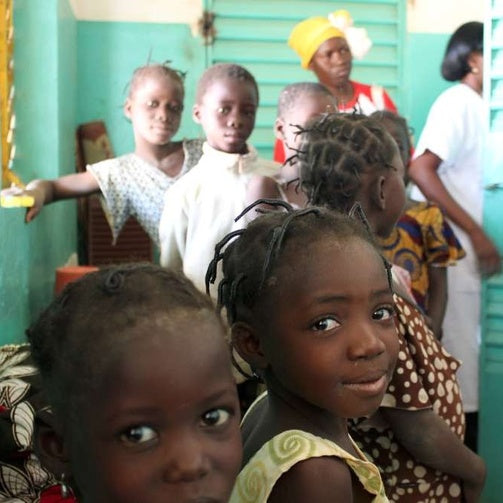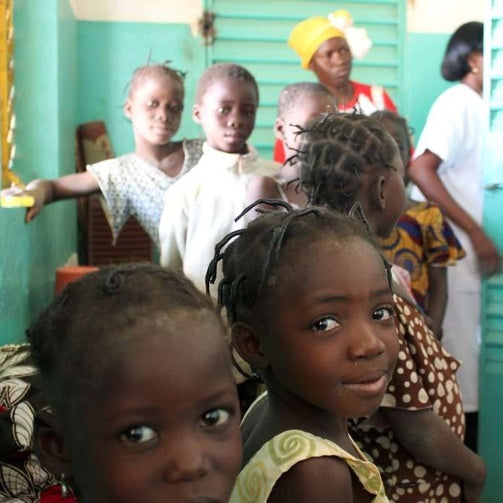Day 4
A meningitis vaccination for a child in Burkina Faso
 Defeat meningitis! Defeat meningitis!
Defeat meningitis! Defeat meningitis!


Vaccination campaign in Burkina Faso

need
Vaccination of children against meningitis in Sourou, Burkina Faso.
activity
Local NGO ASMED runs campaigns for health prevention and vaccination against meningitis. Health passports are distributed in which the vaccination is documented.
Measurable performance
Number of children vaccinated against meningitis.
Result
Cases of meningitis among children in Sourou Province are decreasing and documentation makes it possible to see when a booster vaccination is needed.
Systemically relevant impact
Improved child health and longer life expectancy through preventive care and reduced child mortality.
background


The good deed
AboutBurkina Faso
Ouagadougou
Capital city
19,200,000
Population

1.705
Gross domestic product
per capita per year
Rank 183 of 189
Human Development Index
(Human Development Index)




